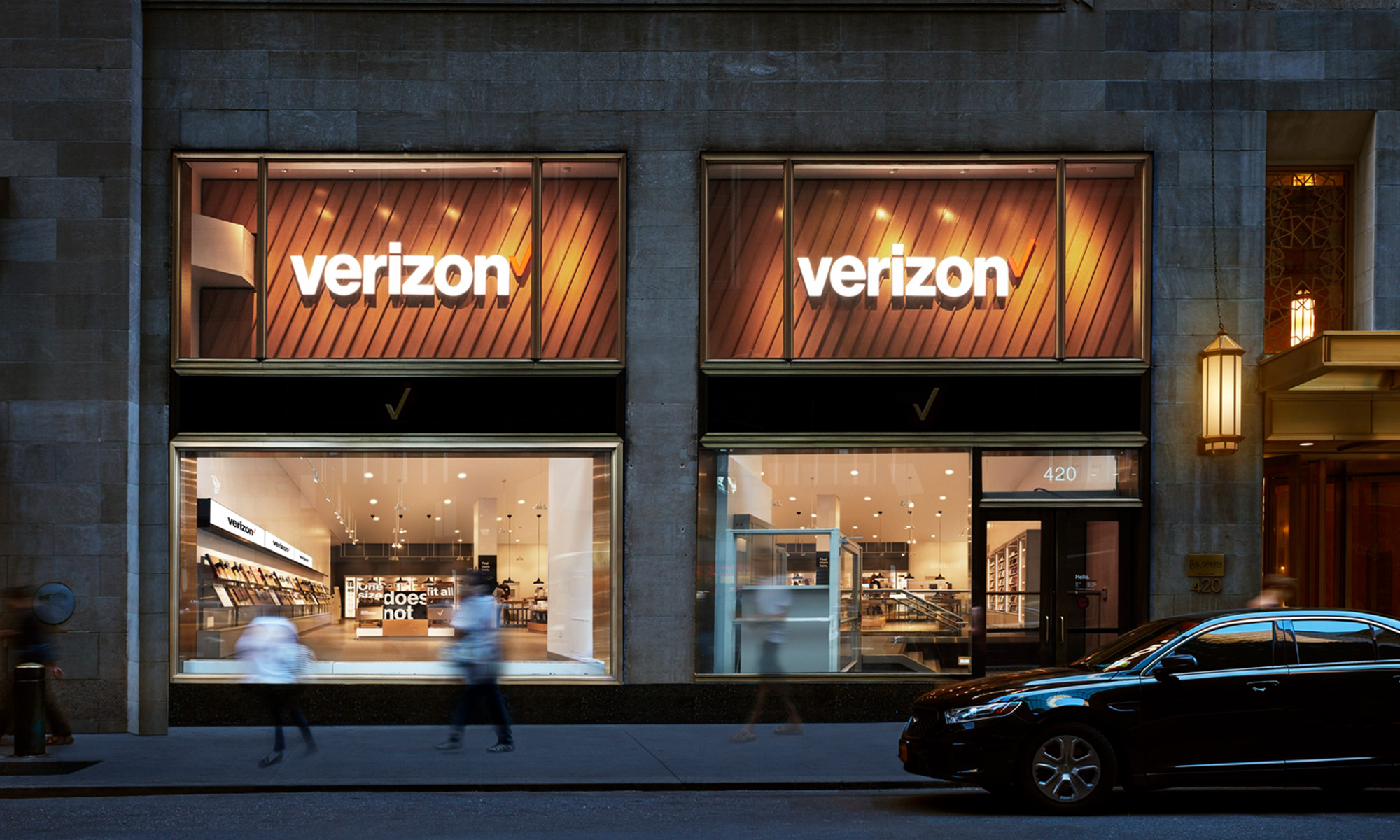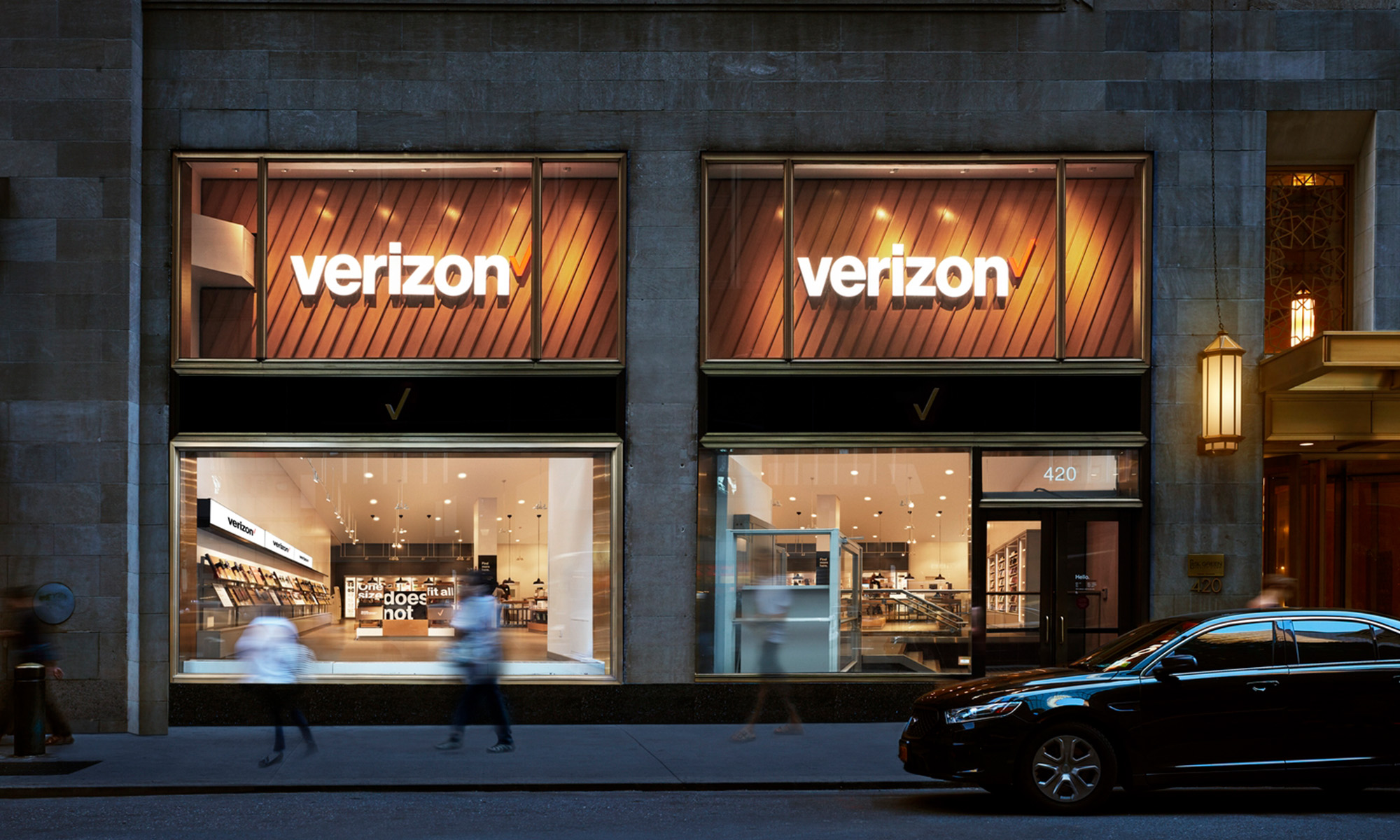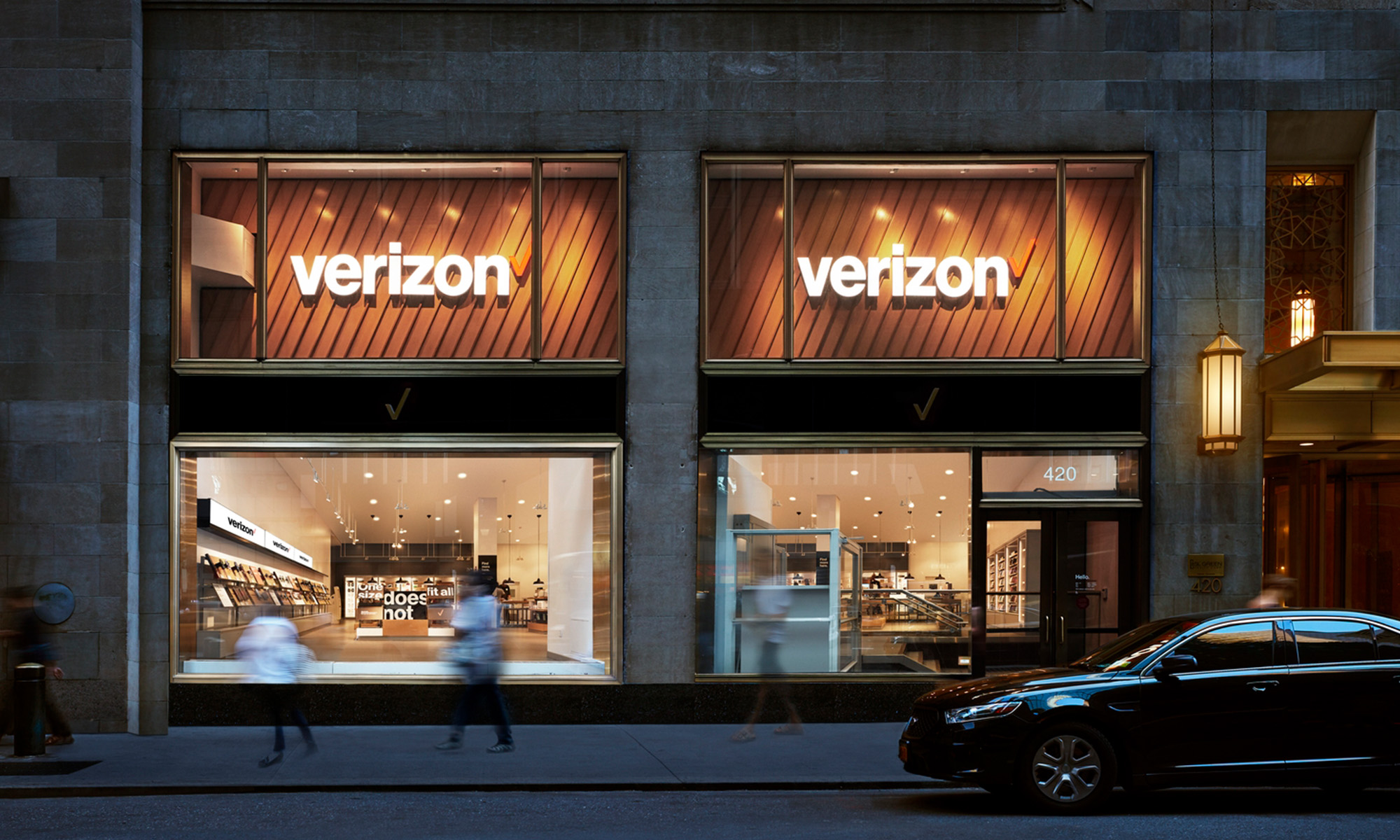Investors (rightly) think of Verizon Communications (VZ +4.43%) as a phone company. When subscriber numbers are strong -- like they were in the first quarter of 2018 -- the stock pops.
It makes sense -- roughly 90% of the company's top line comes from its wireless and wireline businesses.
While that big chunk of the company will remain the focus for some time, Verizon has other irons in the fire that could really pay off long term.
It's all about the internet
The next generation of wireless network, 5G, is being geared up for launch this year from multiple wireless carriers. 5G will be faster and have lower latency than previous networks, and it could eventually go toe-to-toe with traditional internet service providers for home and business.
Verizon just completed its 11-city trial run of its new network and is preparing for the next phase. "We are excited about the initial commercial launch of our 5G residential broadband offering later this year as the first slice of a multi-use asset," said CFO Matthew Ellis. "We are on the forefront of innovation that will drive the full suite of services and use cases that will be delivered by 5G technologies."
The network as a multi-use asset is important. 5G will enable a wave of smartphones powered by new connectivity technology. It could help Verizon build on its residential and commercial internet service, and it will serve as the backbone for the Internet of Things (IoT). Regarding the latter, Verizon already has a small IoT segment, which it just reorganized into Verizon Connect. That includes the Fleetmatics and Telogis fleet management acquisitions made over the last couple of years, as well as other businesses like industrial lighting automation and smart-city businesses Verizon has accumulated.
This segment of Verizon is very small, only picking up $234 million in revenue during the first quarter -- compared to total company revenues of $21.9 billion. It is the fastest-growing portion of Verizon's business, though, posting double-digit growth last year and increasing 13% year over year to kick off 2018.

Image source: Getty Images.
Wireless is a launch pad
This small piece of the telecom giant may seem insignificant, but the IoT business goes hand-in-hand with the looming rollout of 5G. The current 4G network has been good enough to get the ball rolling with simple connected services for cars, asset tracking for businesses, and other non-mission critical automation tasks, but newer technologies will need more network firepower.
Tech like autonomous driving vehicles, connected healthcare, security, and connected infrastructure used in smart-city management will need the better reliability and faster speeds that 5G offers. Research group IDC says that spending on IoT will hit $1 trillion worldwide by 2020, growing 14% a year. That explains Verizon's push to be first to market with its new network, which would put it in prime position to be the foundation on which new devices are connected.
For now, Verizon's base of wireless subscribers will be the marquee headline each quarter. In the years ahead, though, investors should keep an eye on the progress of Verizon Connect as the company transforms itself into much more than a phone company.






